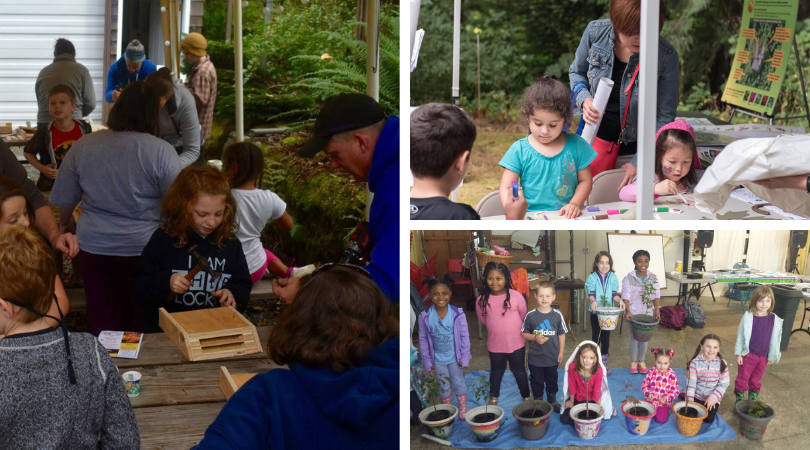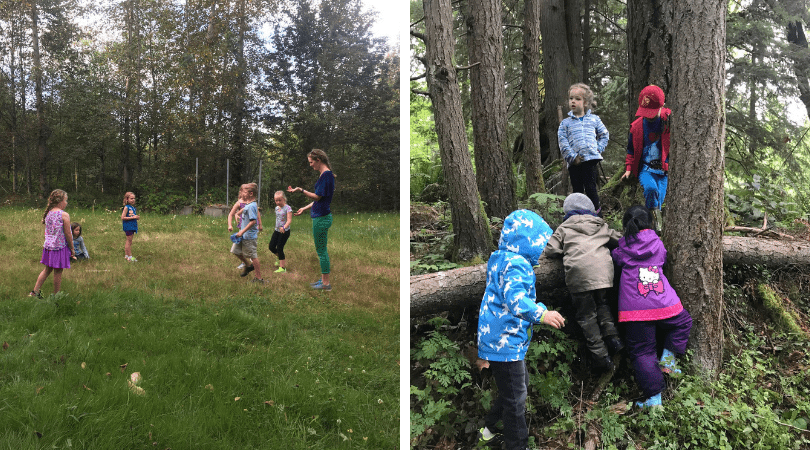The natural world is a fascinating place that sparks wonder and curiosities in all of us. As human beings, we are a part of the natural world and directly connect to it. But there is a disconnect between our society and the outdoors, and it is predicted to only grow larger as time goes on. Richard Louv, the author of Last Child in the Woods: Saving our Children from Nature-Deficit Disorder, created the term “nature-deficit disorder” to put a name to the ever-growing problems associated with the advances in technology and urbanization making the outdoors a less desirable place to spend your free time in.
Environmental education and increasing access to natural areas can alleviate some of these issues. We are seeing mental and physical impacts on children from spending more time in front of a screen instead than spending time outdoors. Stanford University conducted research on the influence of environmental education for K-12 students and found that environmental education offers benefits to students from “improving academic performance, to enhancing critical thinking skills, to developing growth and life-building skills including autonomy”. They also found that environmental education increased civic engagement and positive environmental behaviors among students.

Adults can participate in environmental education too. Learning about our outside world reduces stress and encourages an active lifestyle. Environmental education eases health issues including obesity, attention deficit disorders, and depression and strengthens relationships within communities by bringing people together. Discussing environmental topics and policies allow people to feel more connected to their neighbors and are more likely to advocate for ecological integrity. At SHADOW Lake Nature Preserve, we strive to create opportunities for community members of all ages and backgrounds to connect with the environment. We offer a variety of education opportunities including Guided Nature Walks led by naturalists, field trips and private tours led by our environmental educators, and classes led by experts in our community. For people to want to change their relationship with the natural world and live more of a sustainable lifestyle, they must feel a connection to the environment. Environmental education bridges the gap between humans and the natural world.
Resources: Why is Environmental Education Important?
The Benefits of Environmental Education for K–12 Students



Recent Comments